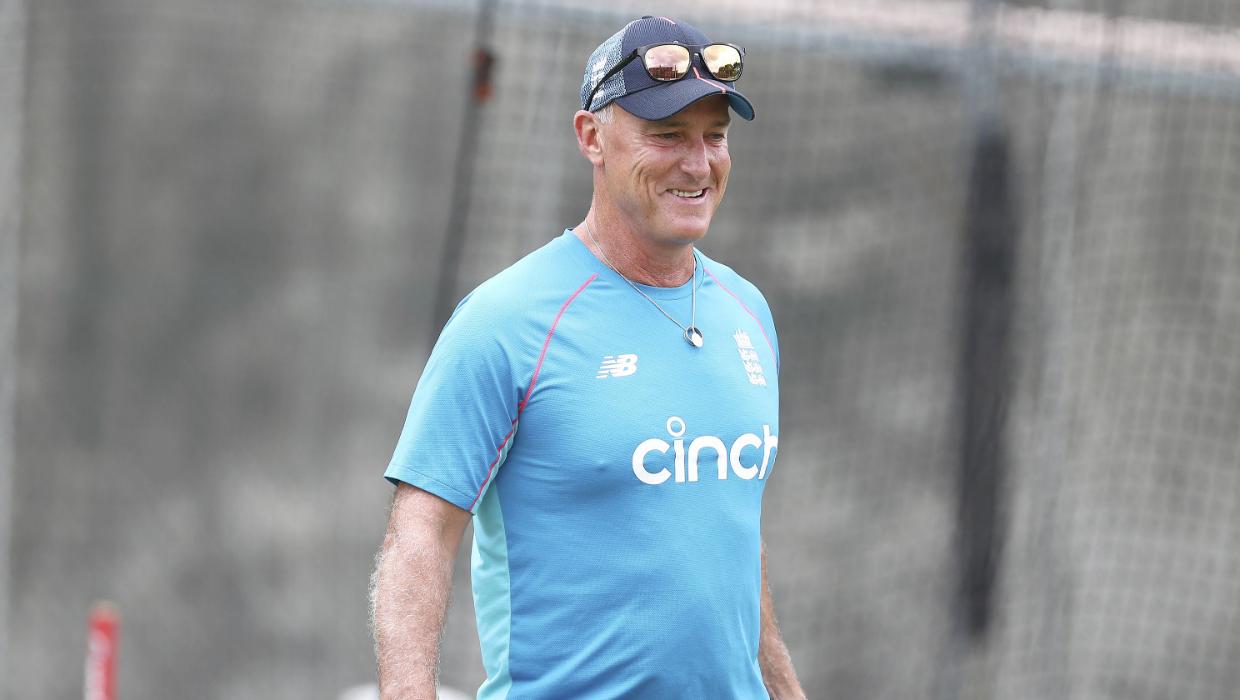Health
England Cricket Legend Lacked Psychiatric Support Before Death

The inquest into the death of a prominent figure in England cricket has revealed that he did not receive psychiatric support in the final four months of his life. This period raised significant concerns about his mental health, suggesting that he was in need of direct, personal evaluation.
The inquiry highlighted the importance of mental health assessments, especially for individuals in high-pressure careers such as professional sports. The testimony indicated that the former player and coach exhibited signs that he was “crying out for face-to-face assessment,” underscoring the critical nature of timely mental health care.
Concerns Raised During Inquest
Evidence presented at the inquest detailed the former athlete’s declining mental state. Colleagues and family members expressed alarm over his behavior in the months leading up to his death. They noted changes in mood and increased isolation, which are often indicative of serious mental health issues.
According to experts present at the inquest, the lack of regular psychiatric evaluation during this period may have contributed to the tragedy. Mental health professionals emphasized that access to timely and effective support can be lifesaving, especially for individuals facing intense public scrutiny and pressure.
Focus on Mental Health in Sports
This case has sparked renewed discussions about mental health within sports, highlighting the urgent need for comprehensive mental health systems in professional environments. Many athletes experience unique challenges that can impact their mental well-being, and the cricket community is now calling for enhanced support mechanisms.
The findings of this inquest serve as a stark reminder of the importance of addressing mental health openly and effectively. It is crucial for organizations to implement proactive measures that ensure athletes receive the necessary psychological support throughout their careers.
As discussions continue, stakeholders within the sports industry are urged to prioritize mental health initiatives. The legacy of this England cricket great should inspire a shift toward better mental health resources for current and future players, ensuring that no one feels they must struggle in silence.
-

 World3 weeks ago
World3 weeks agoPrivate Funeral Held for Dean Field and His Three Children
-

 Top Stories3 weeks ago
Top Stories3 weeks agoFuneral Planned for Field Siblings After Tragic House Fire
-

 Sports3 months ago
Sports3 months agoNetball New Zealand Stands Down Dame Noeline Taurua for Series
-

 Entertainment3 months ago
Entertainment3 months agoTributes Pour In for Lachlan Rofe, Reality Star, Dead at 47
-

 Entertainment2 months ago
Entertainment2 months agoNew ‘Maverick’ Chaser Joins Beat the Chasers Season Finale
-

 Sports3 months ago
Sports3 months agoSilver Ferns Legend Laura Langman Criticizes Team’s Attitude
-

 Sports1 month ago
Sports1 month agoEli Katoa Rushed to Hospital After Sideline Incident During Match
-

 Politics2 months ago
Politics2 months agoNetball NZ Calls for Respect Amid Dame Taurua’s Standoff
-

 World4 weeks ago
World4 weeks agoInvestigation Underway in Tragic Sanson House Fire Involving Family
-

 Entertainment1 week ago
Entertainment1 week agoJacinda Ardern Discusses Popularity Decline on Graham Norton Show
-

 Top Stories3 weeks ago
Top Stories3 weeks agoShock and Grief Follow Tragic Family Deaths in New Zealand
-

 Sports2 weeks ago
Sports2 weeks agoEli Katoa Shares Positive Recovery Update After Brain Surgery




















